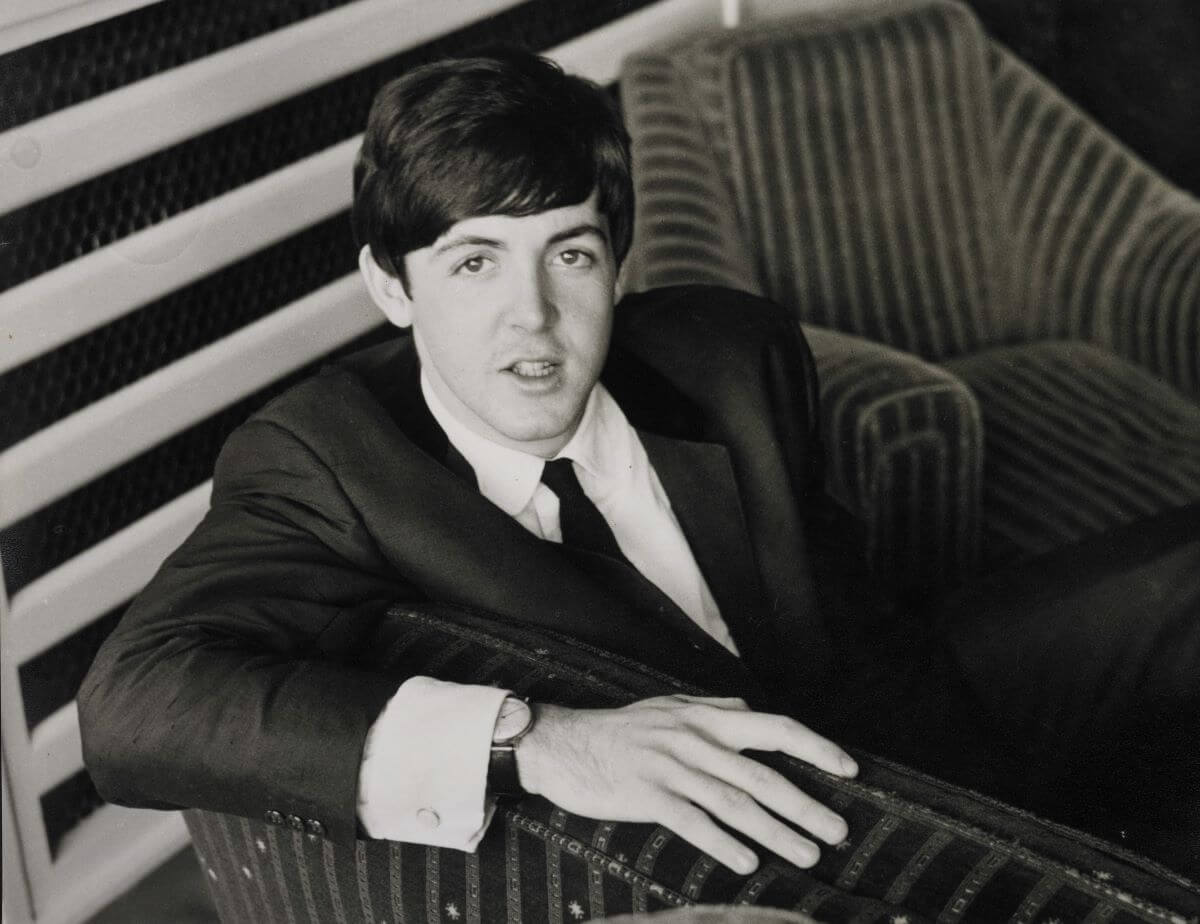Paul McCartney is undoubtedly one of the most celebrated songwriters in music history. A master of melodies and a gorgeous lyricist, he penned many of The Beatles’ greatest hits, earning them their status as the biggest band of all time. From the soothing keys and words of ‘Let It Be’ to the collaborative ‘I Want to Hold Your Hand’, his emotional songwriting has stood the test of time for over half a century, still bringing listeners solace and joy.
McCartney mastered the art of soothing with song, but he was just as talented at channelling heartbreak into hits. Perhaps the most obvious example of this is ‘Yesterday’, which the Fab Four released in 1965. The idea came to McCartney in a dream and would go on to become one of the most covered and celebrated songs of all time.
Over gentle guitar plucks and emotive strings, the track finds McCartney contemplating regret and loss with simultaneous simplicity and vulnerability. With a shadow hanging over him, he longs for yesterday, charting just how quickly and unexpectedly things can change. It’s a song that seems to be about a breakup, about the loss of love, but could just as easily be applied to grief.
As McCartney has grown with the song, he seems to have realised that it certainly contains an element of the latter. As he explained on an episode of the Paul McCartney: A Life in Lyrics podcast about the song, the Beatle had lost his mum, Mary, almost a decade before ‘Yesterday’ was released.
When people used to ask the songwriter if ‘Yesterday’ was inspired by this experience, he was at first dismissive. Now, though, he sees the influence of the loss of his mother in lines like, “Why she had to go, I don’t know, she wouldn’t say.” He also sees his own regrets within the song, no matter how small.
On one occasion, a young McCartney corrected his mother’s pronunciation of the word “ask,” poking fun at her slightly posher accent. It was only a little comment, one that his mother likely wouldn’t have even remembered hours later, but it embarrassed her at the moment. “And it stuck with me,” McCartney admitted.
Now, he wonders if this tiny occasion bled into the songwriting of ‘Yesterday’. “When she died,” he explained, “I wonder, ‘I said something wrong,’ are we harking back to that crazy little thing?”. It certainly seems that this could have influenced his words, the regret and longing they’re steeped in.
It’s such a small indiscretion on McCartney’s part, but it’s exactly the kind of comment that sticks with you and causes you to overthink it once a loved one has passed. This experience isn’t limited to McCartney—we’ve all made little digs at loved ones unnecessarily, followed by immediate regret.
It’s the universality of this experience, of anxiety and loss, of grief and love, that makes ‘Yesterday’ so enduring. We’ve all said something wrong and yearned for a time before those words tumbled out of our mouths, longing for yesterday. Between gorgeous melodies and instrumental experimentation, it’s the real humanity and vulnerability at the centre of McCartney’s songwriting that has continued to endear Beatles tracks to the masses.
Listen to ‘Yesterday’ by The Beatles below.



